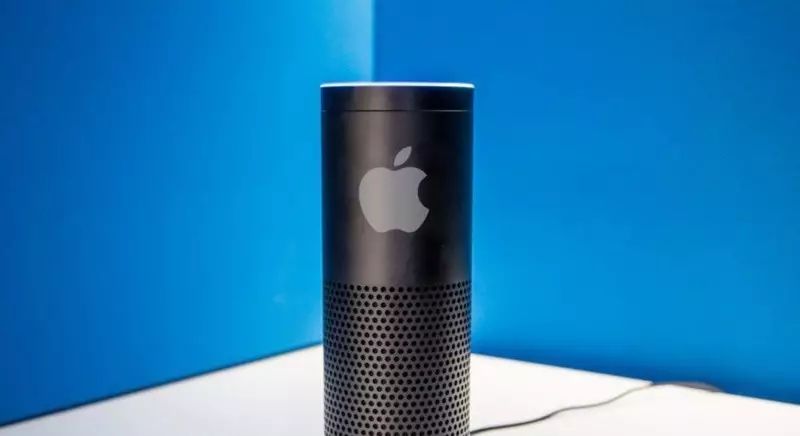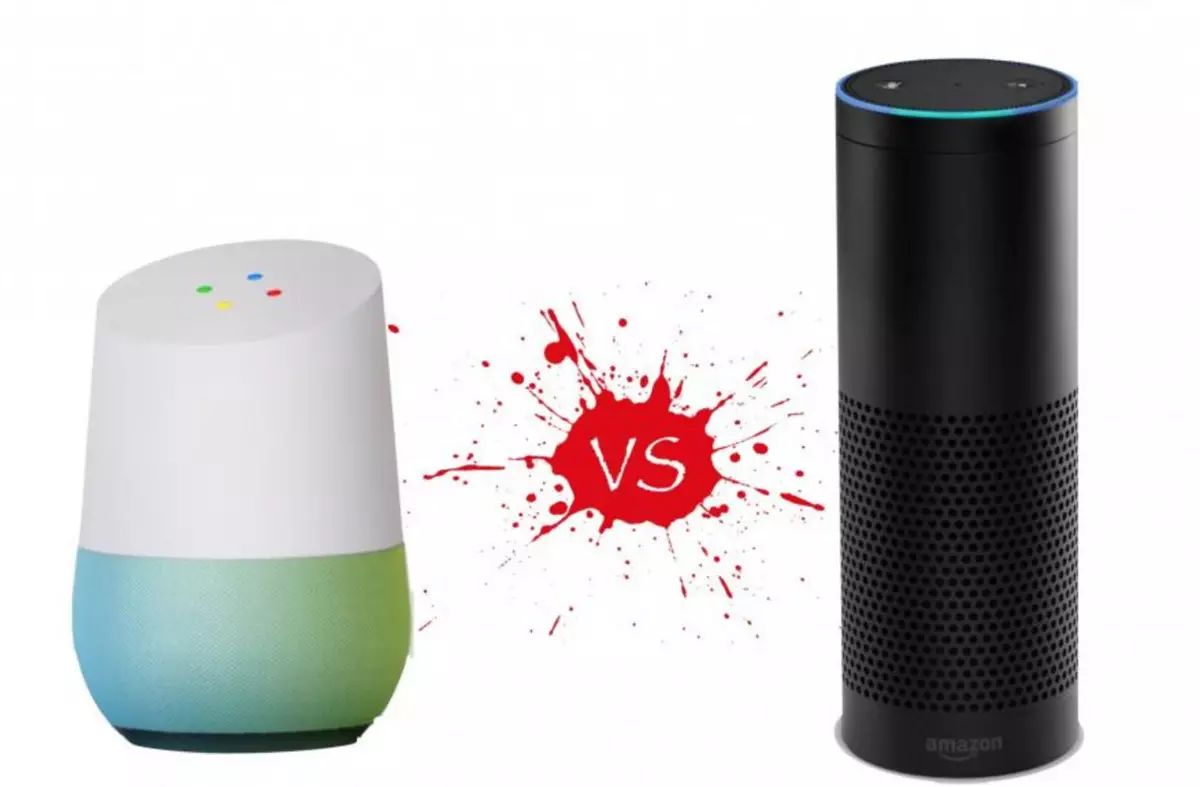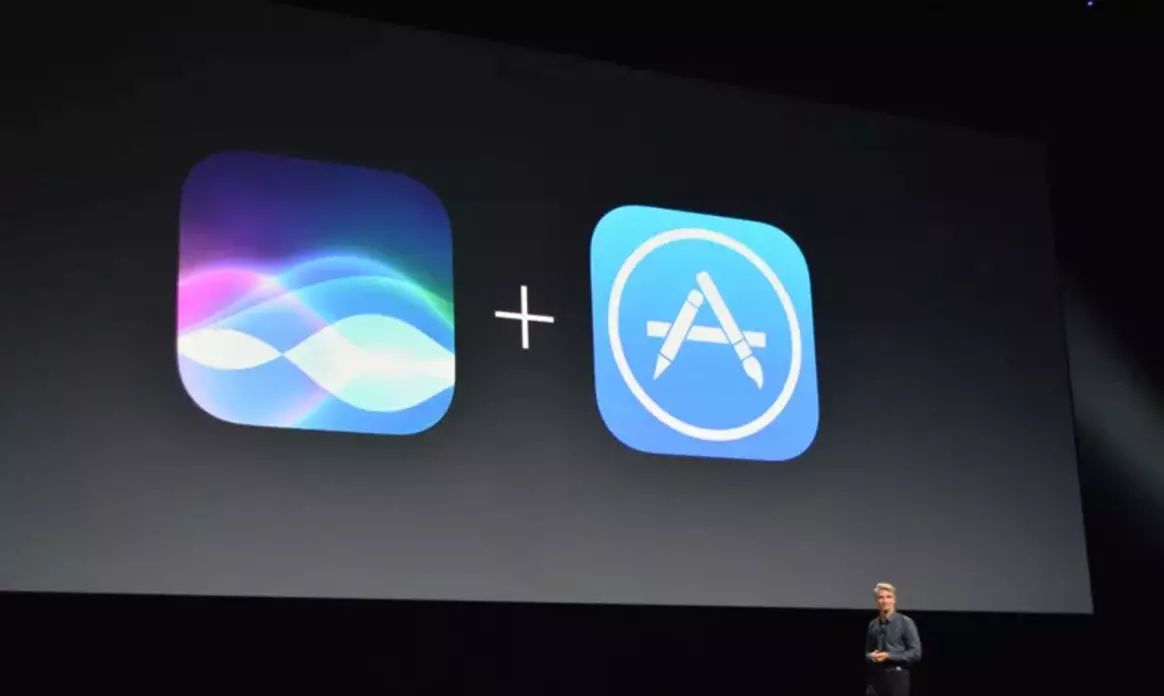
The Battle of Smart Speakers: How Far is Apple’s Siri from Amazon Echo and Google Home?
By | Tian Xiaoyang
Edited by | Fu Bo
The news about Apple’s upcoming voice assistant powered by Siri has been circulating for quite some time. According to the latest report from Bloomberg today, this “new player” in the voice recognition arena is indeed nearing its official launch:
This Apple home product is expected to be unveiled at the WWDC conference on June 5 and has already entered the production phase. However, insiders suggest that loyal Apple fans will have to wait until around the end of the year to experience this new technology firsthand.
According to previous reports, this product is tentatively named Siri Hub, clearly aimed at competing with its “predecessors”—Google Home, which has Google Assistant built-in, and Amazon Echo, which features Alexa.
 Left: Google Home, Right: Echo
Left: Google Home, Right: Echo
As a newcomer, will Siri have a “secret weapon” to quickly capture market share?
Insiders revealed to Bloomberg that its primary advantage will be the ability to provide virtual surround sound that can “fill” an entire room.
Although technical details have not yet been disclosed, it is expected that Apple will equip it with sensors that can automatically adjust sound levels based on room noise levels. For example, when you are talking to someone, it will kindly lower the music volume.
Another exciting feature is that this voice assistant will undoubtedly become an important part of the Apple ecosystem. If Siri Hub is successfully launched at WWDC, users will still have to wait a considerable time to get their hands on the product, but the key point is—”this will give developers ample time to prepare for various tasks.”
Of course, the above is just a small leak from insiders. Before Siri’s official release, let’s take a moment to envision her future.
Some say Siri Hub has a natural advantage in smart home applications. However, this assertion is not as decisive as we might think.
Indeed, since the first version was officially released on the iOS platform in 2011, Siri has accompanied us for about six years. Over the years, Siri has accumulated a vast amount of voice data, laying a solid foundation for Apple’s entry into the smart home market.
But this does not mean that Apple’s data advantage leaves other companies in the dust. Siri’s data is based on mobile internet, while the Amazon Echo, released in the fall of 2014, has already become an essential part of many households in Europe and America, with data that is grounded in real household user experiences.
The key point lies in this data disparity. Therefore, the value of the data collected by Siri is likely to be worlds apart from that of Alexa.
The focus of smart voice technology is not to meet all scenario demands; people expect it to be a good assistant in home life, rather than a witty and humorous confidante. In other words, it’s about precision rather than quantity, which is precisely Siri’s Achilles’ heel.
We can recall how many times we used Siri to seriously check emails or plan schedules, and how many times we playfully asked, “Siri, will you marry me?” or “Siri, I like you” when we were bored.
Even if we genuinely use Siri as our helpful assistant, we must recognize that the scenarios for using Siri on a phone are very different from those in a smart home.
For example, when we use Siri on an iPhone, we must hold the phone close to our mouth; but when we are cooking in the kitchen and realize we are out of spices, we can just shout to Alexa in the living room without putting down our pots and pans.
Compared to Siri, Alexa’s data is all derived from real household life scenarios, making it more practical and instructive. 
The greatest advantage of Siri Hub in the future may be the most easily overlooked point—software advantage (because Google and Echo are not weak either).
Based on the current pace of technological development, the basic responsibilities of smart home functions, such as playing music and handling household chores, will likely become fully mainstream in the near future; at that time, the core competitiveness of major smart voice technologies will be the quantity and quality of apps available on their platforms.
As early as March this year, Amazon CEO Jeff Bezos anticipated this trend, hoping to add more games to Alexa’s app store to attract and retain users.
Subsequently, Amazon simplified the Alexa program development process, recruiting and training as many developers as possible to broaden its scope; while Google took the opposite approach, providing sophisticated tools for more people to develop challenging apps, digging deeper into the market. The actions of these two pioneers strongly confirm the unlimited potential in this field.
Siri Hub becoming a part of the Apple ecosystem means that the large army of developers currently active in iPhone, iPad, and Mac will have a new stage to showcase their talents.
Cross-platform migration within the ecosystem is much easier than starting from scratch on a new platform. The large and professional developer community will become the X factor that helps Apple win in the smart home arena. 
Siri + Apps
To date, the latecomer Siri has actually missed the blue ocean period of the smart voice market, and its future market expansion may not be very smooth.
According to eMarketer data, in the first quarter of this year, Amazon Echo held a market share of 70.6% in the U.S. voice assistant market, while Google Home accounted for 23.8%, and other manufacturers (including Apple, Lenovo, LG, Harmon Kardon, and Mattel) shared the remaining 5.6%.
Unsurprisingly, the Echo, which has been biding its time for four years, has become the absolute leader in this emerging trend; with the entry of Siri Hub and other manufacturers, this “one strong, many strong” situation will likely persist for a long time.
Additionally, it is worth noting that since the prices of Amazon Echo and Google Home are both below $200, the switching cost for users to switch to Siri is not very high;
It can be expected that with the release of Siri Hub, there may soon be a wave of enthusiastic support from Apple fans. Just as the iPhone and MacBook quickly attracted a wave of fans from previous giants, we have reason to believe that Siri Hub, with its unique design and the backing of the Apple brand, will carve out a place for itself in this market.
However, the road ahead, judging by Google Home’s current struggles, may not be easy.
Additionally, there was an interesting subplot today: just as the news of “Apple will launch a smart home device” dominated today’s tech headlines, Amazon quickly followed up with a message:
“We have updated the Echo ecosystem, and now Echo can connect with iCloud calendars.”
This means that users can use voice commands to have Alexa add schedule items (adding schedules is similar to how Siri operates); at the same time, commands or scheduled appointments set with Alexa will also be synchronized to the iCloud calendar.
This sounds more like a partnership… the relationship between the giants seems to make the smart home market’s competition even more exciting.
Will Apple, having experienced the decline of the wearable device market and the failure of the Apple Watch, be able to ride the wave of smart voice technology and make a stunning comeback? We shall see.

Recommended Reading
Click the image below to read
